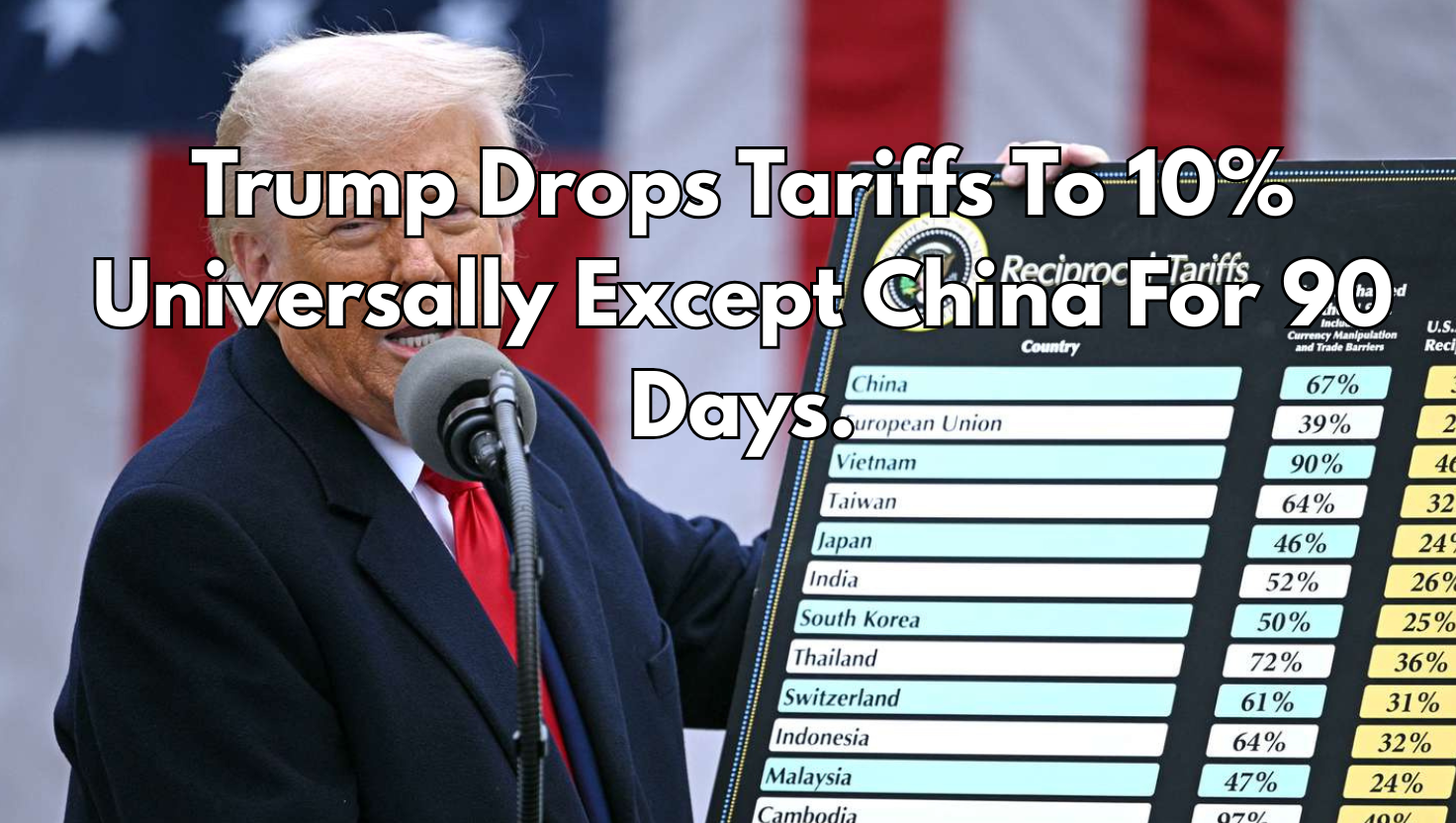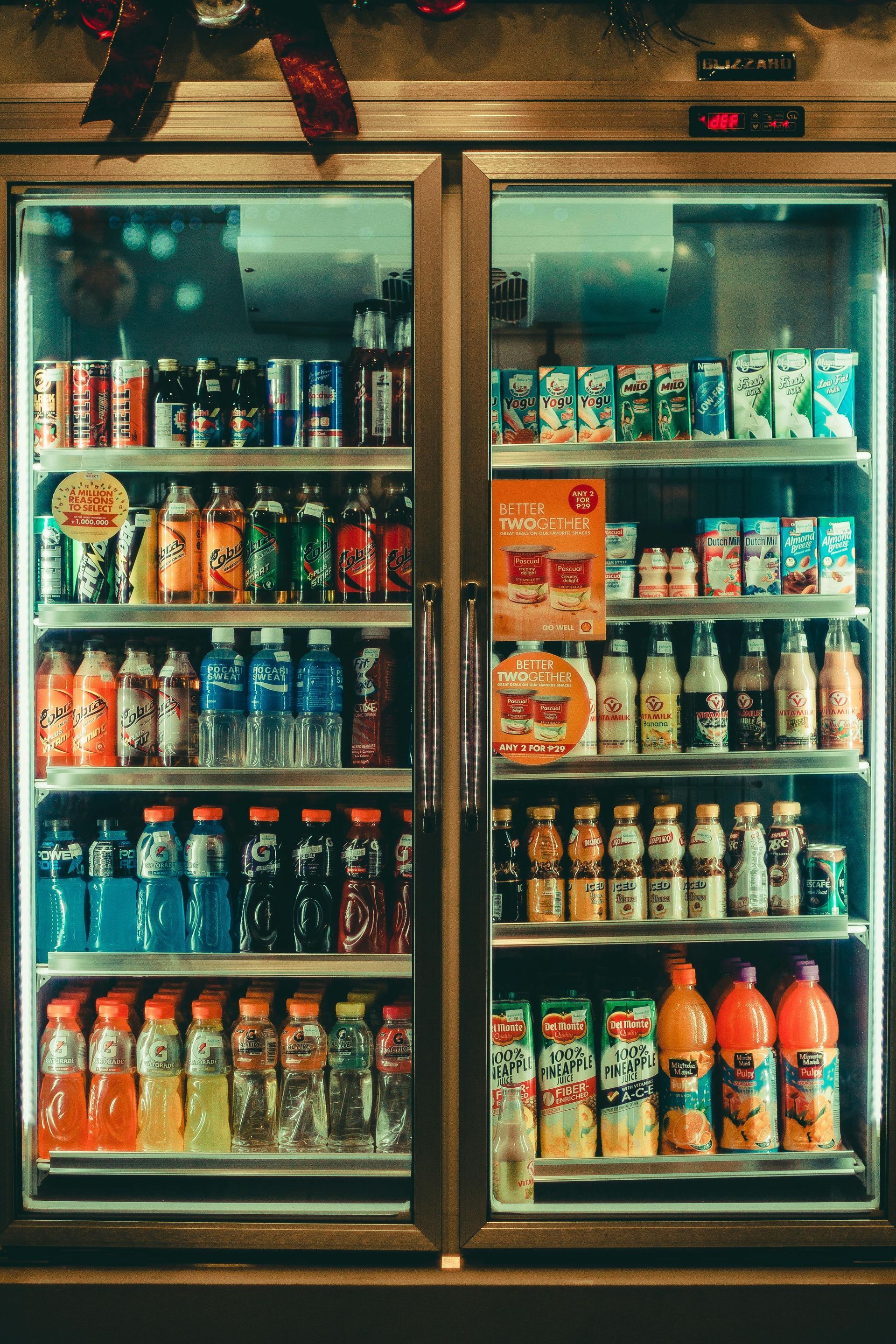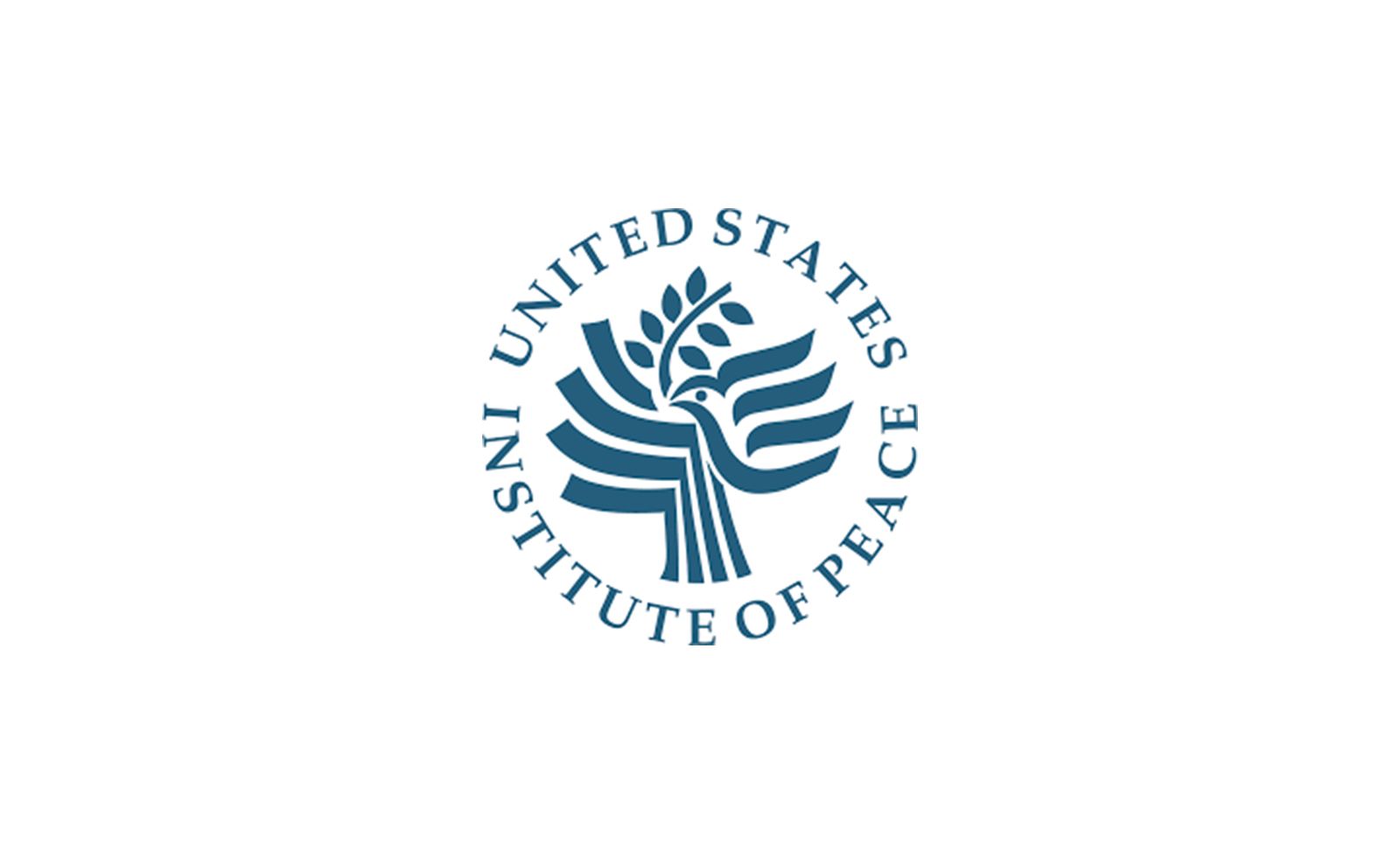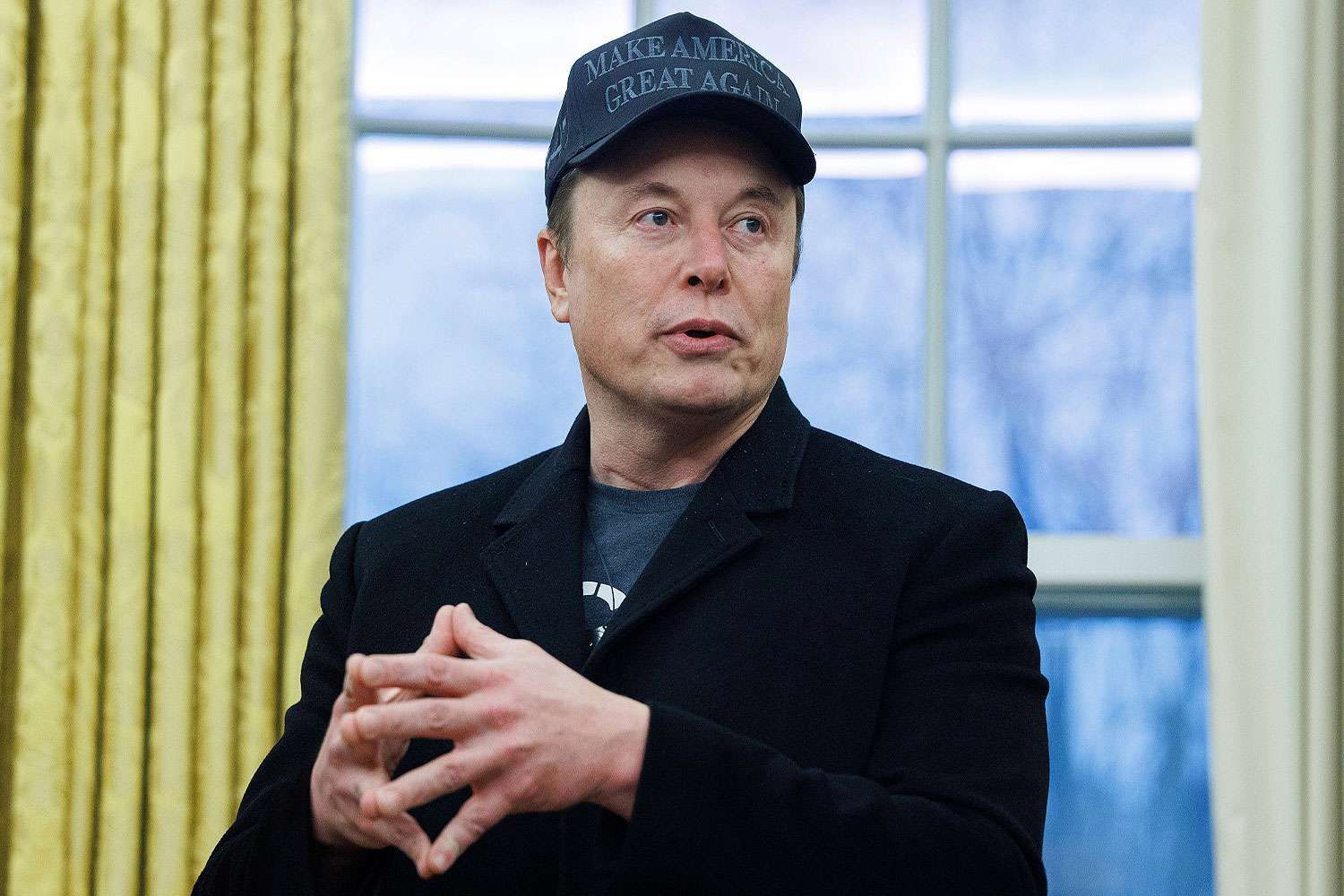Contact Us
objective-wire.org
China's Real Estate & Market in Crisis!! as the GDP/Debt Ratio Soars
China's property market crisis: value of new homes dropping by over 23% in 2024.
The debt-to-GDP ratio is a crucial metric in understanding a country's financial health and economic stability. For China, a debt-to-GDP ratio of 366% signifies a situation where the aggregate amount of debt is nearly four times the size of its annual economic output. This staggering figure reflects both the rapid pace of economic growth and the massive accumulation of debt across various sectors, including government, corporate, and household. The behavior of China's credit market can have significant implications for their property value.
For decades, China has experienced a meteoric rise, evolving from a predominantly agrarian economy into a global manufacturing hub and a leader in many high-tech industries. This growth has been fueled by a combination of state-driven investment in infrastructure, an abundant and inexpensive labor force, and an aggressive export strategy.
However, NOW, the landscape has begun to shift. China is facing a new set of challenges as it attempts to transition from an investment-led growth model to one driven more by consumption, services, and innovation.
Decline In Manufacturing And Exports
Firstly, rising labor costs in China have eroded its competitive edge.
This shift has led to a decrease in manufacturing output within China.
Furthermore, China's transition from an export-driven economy to one focused on domestic consumption has also played a role. While this shift reflects a strategic move towards sustainable growth, it requires time to bear fruit, and in the interim, has contributed to a slowdown in export activities...
China's Real Estate Market Crisis
China's real estate market, long a cornerstone of the nation's economic growth, is experiencing significant challenges that contribute to the country's economic slowdown. For years, rapid urbanization and soaring demand for housing propelled real estate development, creating vast construction projects and boosting GDP. However, this growth has led to an over-reliance on the real estate sector, which now faces a range of issues.
One significant problem is the surplus of unsold properties, with ghost cities—entire developments with few or no residents—illustrating the mismatch between supply and demand. This oversupply results from speculative investments and a misalignment between housing prices and average incomes, rendering home ownership unaffordable for many.
Furthermore, the Chinese government has implemented various measures to curb speculative buying and stabilize housing prices, including tighter regulations on property purchases and increased lending restrictions. While these policies aim to ensure a sustainable market, they have also inadvertently slowed down real estate transactions and reduced developers' cash flow. Additionally, major property developers, such as Evergrande, have faced debt crises, raising concerns about their solvency and potential defaults that could ripple through the financial system.
This combination of internal structural changes and external pressures has significantly contributed to the decline in China's manufacturing and export sectors, leading to a broader economic slowdown.
"Debt-to-GDP Ratio: Formula and What It Can Tell You." investopedia.com, 09. Oct. 2024, https://www.investopedia.com/terms/d/debtgdpratio.asp. Accessed 16. Nov 2024.
"China's National Debt Clock: What's the Current Figure (and What's Included)? - Commodity.com." commodity.com, 19. May 2022, https://commodity.com/data/china/debt-clock/. Accessed 16. Nov 2024.
"Financial risks in China's corporate sector: real estate and beyond." ecb.europa.eu, 24. Mar. 2022, https://www.ecb.europa.eu/press/economic-bulletin/articles/2022/html/ecb.ebart202202_01~48041a563f.en.html. Accessed 16. Nov 2024.
China and HK are in economic tailspins. HK just announced a disastrous GDP miss. The government released a 1.8% GDP rate against an average estimate of a 3.1% increase. For a ‘developed’ economy with 900% of GDP in banking assets, this is a complete whiff. 🧵 pic.twitter.com/jSAVrntgyj
— 🇺🇸 Kyle Bass 🇹🇼 (@Jkylebass) October 31, 2024
Meanwhile China's economy on 4.8%~ growth is 'faltering' and in 'slowdown'. https://t.co/Enr6DeN1dO pic.twitter.com/CShqrhzR3p
— dajve🍉 (@dajveism) October 30, 2024





share this
STAY UP TO DATE
GET Objective LATEST
Receive Objective Media Updates, and get a heads up on the reality we love.
Contact Us

